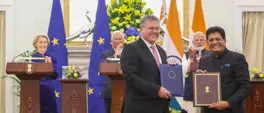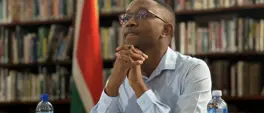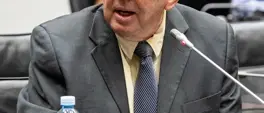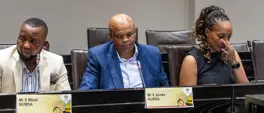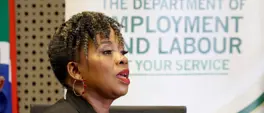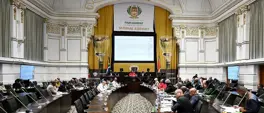'Let's have a TRC to deal with corruption' - Prof Busani Ngcaweni
Vicky Stark
22 October 2025 | 5:06“South Africa has perfected the art of exposure without closure. Evidence accumulates. Hearings multiply. Reports stack up. Yet prosecutions are slow,” writes Ngcaweni.
- CapeTalk
- Clarence Ford
- Views and News with Clarence Ford
- corruption
- Truth and Reconciliation Commission (TRC)
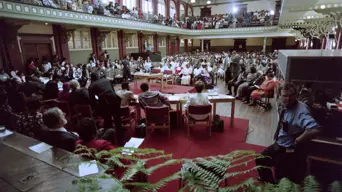
People take part at the opening session of the Truth and Reconciliation Commission on April 15, 1996 at East London. Picture: Philip LITTLETON / AFP
Get the whole picture 💡
Take a look at the topic timeline for all related articles.
Trending News
More in Local

27 January 2026 16:50
Tourism Dept projects electronic travel system can create up to 100k jobs

27 January 2026 15:41
Madlanga Commission: Senona denies assisting 'Cat' Matlala to secure R360m SAPS tender

27 January 2026 15:20
Kunene accuses Joburg mayor of ‘punching above his paygrade’ over Rea Vaya bus service suspension

